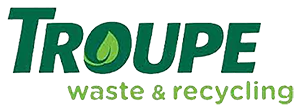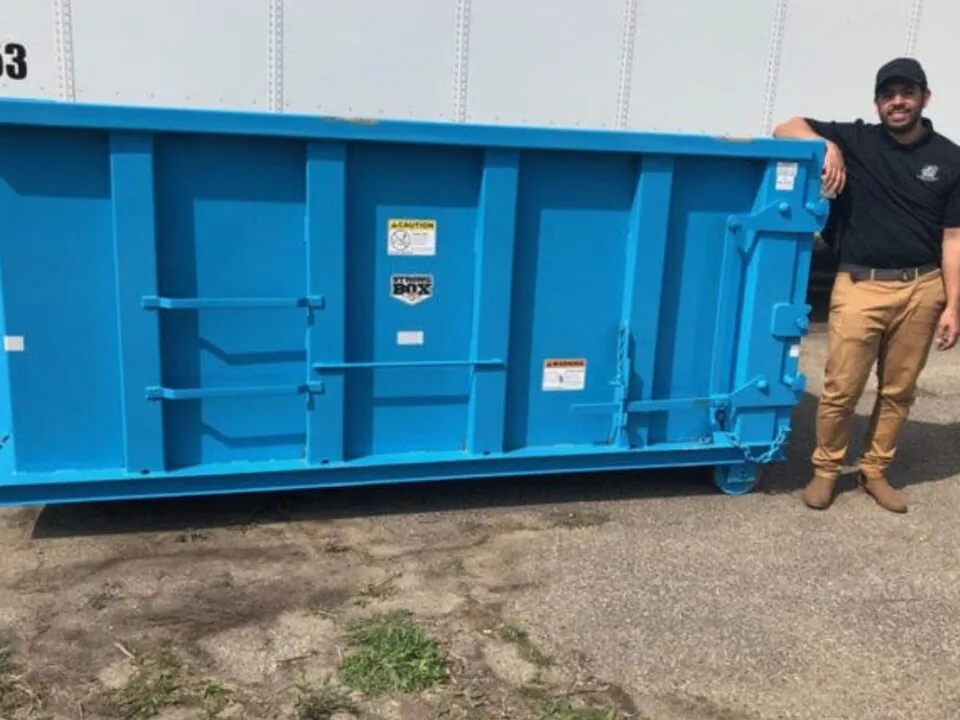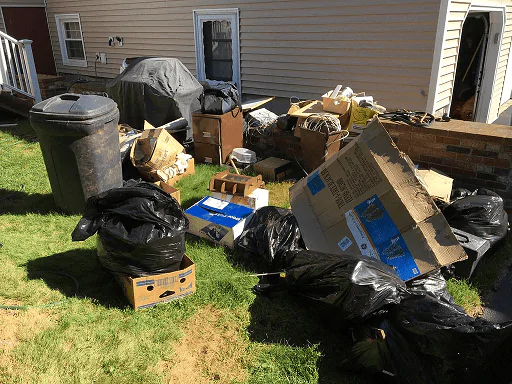5 Tips to Reduce Waste in Business
Discover practical tips to reduce waste in business. Learn how to recycle, optimize resources, and adopt sustainable practices for efficiency. Many small and large businesses face difficulties managing and reducing waste. Each year, more than six million tons of plastic are produced by four businesses alone. As we begin to see and feel the effects of climate change, this is a huge problem.
Benefits of Reducing Waste
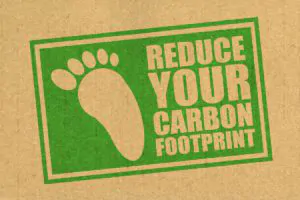
For businesses, reducing waste can bring about three types of benefits.
Environmental benefits. Finding methods to reduce waste also reduces the amount of waste sent to landfills. Since waste processing produces greenhouse gases, reducing waste helps your small business reduce its carbon footprint and go green. Material is removed from the waste stream through reuse and recycling, thereby increasing the inputs’ value.
Economic advantages. Your business can save money by using a variety of waste-reduction strategies. You can get more value from the things your company buys by carefully using and reusing them. You will increase the value of your brand if you have a good reputation for caring about the environment.
Business social responsibility. Care for waste, conserving water, and using renewable energy more effectively are all examples of social responsibility. Your efforts to cut down on waste in your company are well-recognized. One of the most effective strategies for achieving sustainability goals for small businesses is waste reduction.
Ways to Reduce Waste
Poor waste management and a lack of education frequently result in the disposal of recyclable and reusable items in landfills. Take a look at some of this advice on how to minimize waste if you think your company could do better at disposing of waste:
1. Recognize and gauge the waste
You can’t see what you don’t gauge. Audit your company’s waste production levels and types. You can ask your hauler to weigh your waste and then figure out how much you have per day or person. After that, you can think of ways to get rid of it, recycle it, or save money on hauling it away.
2. Reduce, Reuse, and Recycle
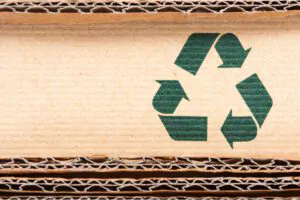
Cutting down on the amount of paper used in your office can help you be better about the environment. When you can, try to keep documents online and tell employees to
print them when necessary. Set up a virtual system for customers to pay and view their debts if your company sends bills or invoices to them.
When you can, use reusable options like these:
● You can use some laser printer ink cartridges up to ten times, so don’t toss them out.
● Replace disposable coffee cups with ceramic mugs.
● Buy straws and silverware made of metal.
● Consider replacing paper dispensers in bathrooms with hand dryers.
● Utilize technology instead of paper because it offers more cost-effective and superior alternatives.
● Make sure you have the proper dumpster size for your trash disposal.
Reusing is typically savvier than throwing waste into a landfill. Additionally, it is one of the simplest and most effective practices of sustainability. Update workplace policies and procedures and place designated bins around the office. Hold a meeting to introduce the program to your company’s employees to ensure everyone is on the same page.
You might not know that broken electronics, or “e-waste,” can also be recycled. These include mice, work area screens, and different PC parts. This kind of stuff is gone through by businesses almost every week. Verify that the things you get rid of are useless and cannot be fixed before doing so. Provide employees with a container to store their old technology and research facilities in your area that will recycle the waste.
3. Engage employees in the planning process and educate them about workplace waste reduction.
They might have ideas that have an impact due to their first-hand perspective. Because putting the plan into action will require their active participation, it is essential to involve and train them. Include employees in the process of idea generation, education, and rewards.
4. Establish a budget, a timetable, and success metrics for some waste reduction strategies.
Make a spending budget and conduct a cost-benefit analysis. Establish milestones for your waste reduction methods with timetables. Make sure you know what success means. Make your accomplishments known and celebrated.
5. Donate Unused Items
Many businesses give their employees desserts and lunches on occasion. The leftovers frequently end up in the trash. Encourage workers to take the leftovers home. After that, donate any remaining unclaimed food from the refrigerator. Find out what the laws in your state say about food waste to figure out how to handle this.
Recycling and reducing waste in Abington, Massachusetts
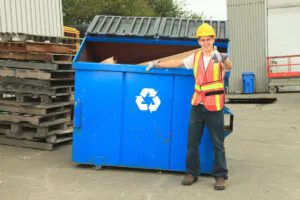
Your company’s reputation is everything when running a business. And the last thing you want to be known as is a business that doesn’t take proper care of its waste. At Troupe Waste & Recycling we understand the importance of waste management, and this is what we provide to Abington, Massachusetts, and all South Shore businesses. You will receive a dependable waste management service you can always rely on when you work with us.
